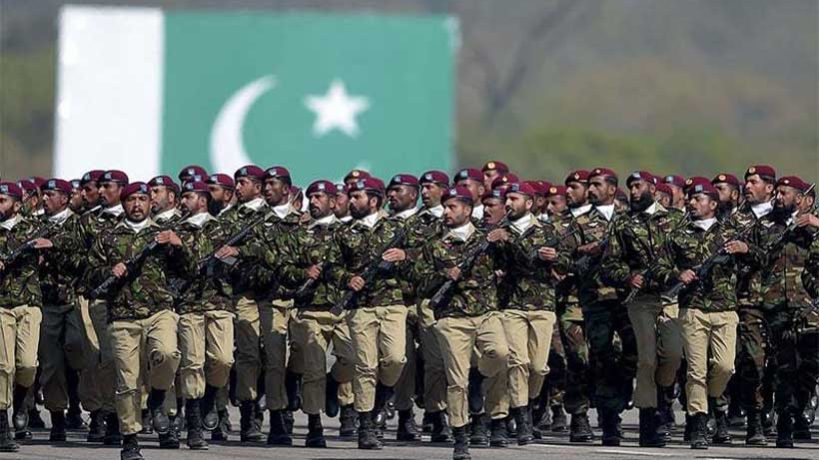Pakistan’s ruling party is getting ready to make several important changes to the constitution. These will include major changes to how civilian and military leaders are chosen and how long they serve. Along with the suggested changes, a clear term for the Chief Justice of Pakistan’s office and new rules for choosing and extending service chiefs are also being considered.
The suggested law was supposed to be brought up in both the National Assembly and the Senate over the weekend, but it has been pushed back several times. The official release of the government’s draft of the 26th Constitutional Amendment aims to clear up any confusion about the terms and extensions of key officials, such as the Chief of Army Staff (COAS).
Important Parts of Amendment 47
Amendment 47 is directly about how the COAS and other military service chiefs are appointed, re-appointed, and given longer terms of service. It adds a new clause that says the laws about the Armed Forces will control how service chiefs are appointed, extended, or removed. This means that any changes to these terms will need their constitutional revision. This makes the process more clear and rigid.
Before this change, Article 243 of the Constitution explained that the military was under the control of the government, which was represented by the President. However, it didn’t say how service chiefs could be re-appointed or given more time. Amendment 47 fills in this gap by making these steps official and making it clear that any extensions will still be controlled by the current Army Act.
What Does the Amendment Mean?
Adding Amendment 47 is a big step towards making the processes for civilian-military rule in Pakistan more official. By writing these rules into the Constitution, the change hopes to make it clear how service chiefs are appointed and how long they can stay in their jobs, which will cut down on confusion and political games.
This move is especially important because there is a lot of talk and discussion going on about whether or not top officials, like the Chief Justice of Pakistan and the COAS, could get longer terms. By writing down these steps, Amendment 47 wants to make sure that choices about military leadership are based on the law and not on arbitrary political concerns.
Overall, Amendment 47 is a planned move to improve and steady the leadership of Pakistan’s armed forces. It fits with larger changes that aim to make the relationship between the country’s civilians and military more open and accountable.

